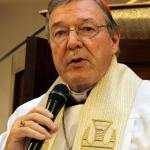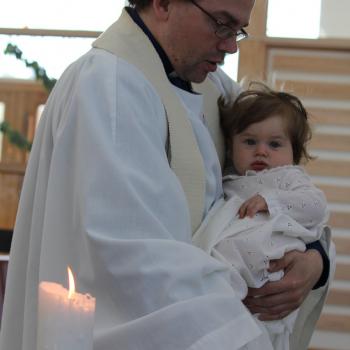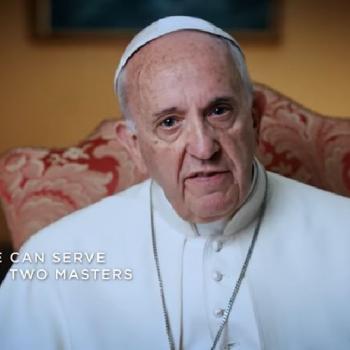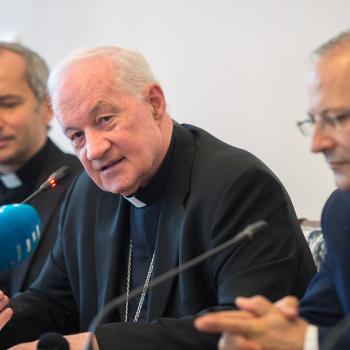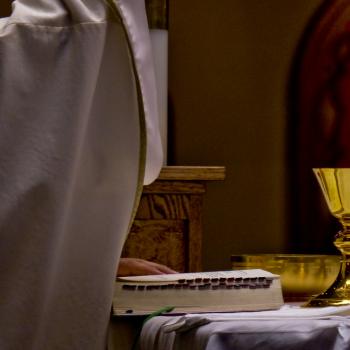Pope Francis offered May 1 another chapter of his magisterium on the opportunities and responsibilities for Catholic media in the twenty-first century. In a speech on the feast of St. Joseph the Worker – International Workers’ Day for the non-Catholic world – the Pope encouraged journalists to unpack current affairs in all their “thickness”, to avoid “light” news meant for “easy consumption” and to always “reconstruct the contexts and explain the causes” of the stories they cover.
In an audience with the directors and employees of the Italian bishops’ daily Avvenire, the Bishop of Rome explained that despite the fact that St. Joseph is portrayed in the Gospels as a “man of silence” and as such “may seem the opposite of a communicator”, the foster father of Jesus can in fact be a model for Catholic journalists in his capacity to listen. “Only by shutting down the noise of the world and our own gossip will it be possible to listen, which remains the first condition of every communication”, said Francis.
But this deep listening must not be the only tool in the journalist’s “toolbox”, continued the Pope, for just as Joseph had to put God’s plan into action, so the communicator must discern how best to be faithful to the history of the profession and to carry out his or her particular vocation in a rapidly changing world. “Authentic servants of tradition are those who, while keeping memory alive, know how to discern the signs of the times and open new paths”, said the Pope in this sense warning that “the attachment to the past may prove to be a dangerous temptation” for editors and reporters.
“Help to overcome sterile and harmful oppositions”
Harking back to this message for World Communications Day in 2014, Francis went on to say that foremost among the signs of our times is the fact that, in our day, “the speed of information surpasses our capacity of reflection”, for which reason even Catholics are exposed “to the impact and influence of a culture of haste and superficiality”. The risk the Church runs in this context, continued the Pope, is that Catholic media be reduced to a “pastoral ministry of applause, to a dumbing down of thought and to a widespread disorientation of opinions that are not in agreement”.
The antidote to such superficial journalism, continued the Pope, consists, first, in the recovery of a sense of “healthy slowness, tranquility and patience” when reporting the news, and, second, in a renewed commitment to the search for the truth “with humility”.
“Let yourselves be questioned by what happens”, Francis told the reporters of Avvenire. “Listen, go deeper, confront. Stay away from the blind alleys where you are debating those who think they’ve already understood everything. Help to overcome sterile and harmful oppositions”.
Pope Francis concluded his speech by recalling with Pope Paul VI that the first duty of Catholic journalists is not “to make an impression or to gain clients”, but rather to educate the public “to think and judge” for themselves.
“Catholic communicators avoid rigidities that stifle or imprison”, said Francis. “They do not cage the Holy Spirit, but seek to let it fly, to let it breathe within the soul. They never allow reality to give way to appearances, beauty to vulgarity, social friendship to conflict. They cultivate and strengthen every sprout of life and goodness”, concluded the Pope, above all by “bringing into the social, political and economic world the sensitivity and the orientations of the Social Doctrine of the Church”.


